Gallstones are solid deposits that form in the gallbladder due to imbalances in bile components like cholesterol or bilirubin. They range in size and can block bile ducts, causing severe pain and complications. Early diagnosis and laparoscopic surgery offer effective, minimally invasive treatment, ensuring lasting relief. Our skilled team provides safe and advanced care for gallstone removal.
Dr. Senthil, a leading expert in Hosur, specializes in advanced laparoscopic techniques for gallstone treatment. His approach minimizes pain, reduces hospital stays, and speeds up recovery. With his extensive experience and patient-focused care, Dr. Senthil is the trusted choice for effective gallstone solutions. In Hosur, Dr. Senthil excels with personalized treatment plans that ensure the best outcomes. Both doctors deliver safe and reliable gallstone care, prioritizing your well-being.
Our state-of-the-art laparoscopic operation theatre features high-end instruments and a dedicated, trained staff to ensure top-quality treatment.
Gallbladder stones, also known as gallstones, are solid particles that develop in the gallbladder due to an imbalance in bile components like cholesterol and bilirubin. These stones vary in size and can cause significant pain and discomfort if they obstruct the bile ducts. Treatment options include dietary adjustments, medications to dissolve the stones, or surgical removal of the gallbladder for more severe cases.
In this blog, we will discuss the key symptoms of gallstones, explore the latest treatment options available, and address frequently asked questions to guide you toward effective management of this condition. Trust our expertise to provide you with the knowledge and care you need for optimal recovery.
Gallbladder stones, also known as gallstones, can be classified into two main types based on their composition and formation:
Symptoms associated with gallstones may include:
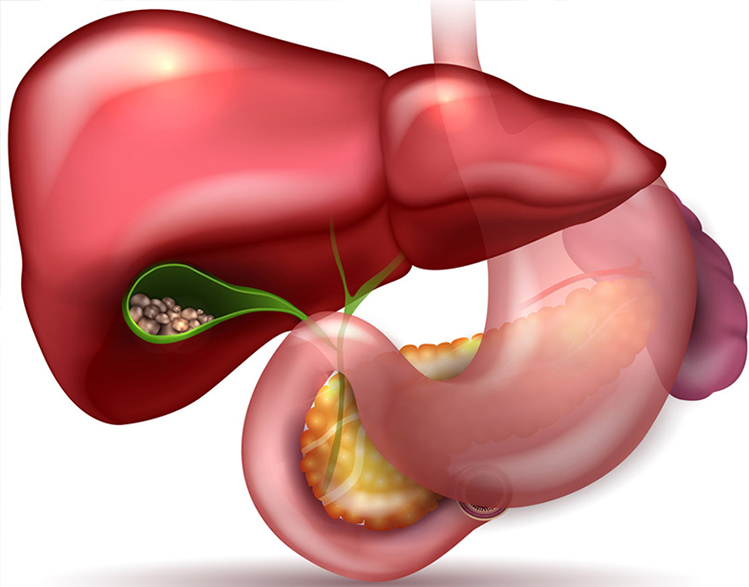
Gallbladder stones, commonly known as gallstones, form when substances in bile—like cholesterol or bilirubin—become imbalanced and crystallize into solid, pebble-like formations. These imbalances can lead to a range of symptoms and complications, making early detection and treatment essential. Understanding the root causes of gallstone development is crucial for effective prevention and management.
To minimize the risk of developing gallstones, consider implementing the following preventive strategies:
Before any procedure, consult with your healthcare provider to discuss the treatment plan, benefits, and potential risks.
Doctor may perform blood tests, imaging scans (like ultrasound or CT scan), and other tests to evaluate the size, location, and composition of gallstones.
Doctor will likely advise you to fast for several hours before the procedure. This helps ensure your stomach and intestines are empty, reducing the risk of complications during anesthesia and surgery.
Inform your healthcare provider about all medications you are currently taking, including over-the-counter medications and supplements. Follow their instructions regarding which medications to continue or discontinue before the procedure.
Stay hydrated before the procedure, unless otherwise instructed by your healthcare provider.
Doctor will provide specific instructions on what to expect during and after the procedure, including potential complications and recovery expectations.
Look no further than Dr. Senthil. He is a reliable and experienced specialist in gallbladder stones treatment in Hosur. With extensive experience and expertise in laparoscopic gallbladder surgery, Dr. Senthil is renowned for his precision and patient-centered care. He specializes in treating gallbladder stones and other gallbladder-related conditions, ensuring patients receive top-quality treatment with minimal recovery time.
Dr. Senthil is dedicated to providing exceptional care and successful outcomes for his patients. His state-of-the-art techniques and commitment to excellence make him a trusted choice for anyone seeking treatment for gallbladder issues in Hosur. Whether you need surgery for gallstones or other gallbladder problems, Dr. Senthil is one of the best gallbladder stone surgeons in Hosur you can rely on for the best possible care.
Gallbladder stones are a prevalent medical condition that can impact individuals of any age or gender. A comprehensive understanding of their causes, symptoms, and treatment options is crucial for taking proactive measures toward managing gallbladder health. By staying informed and consulting with healthcare professionals, individuals can make informed decisions, ensuring effective management of gallbladder stones and safeguarding their overall well-being. Prioritize your health by gaining knowledge about gallbladder stones and entrusting your care to qualified medical experts.
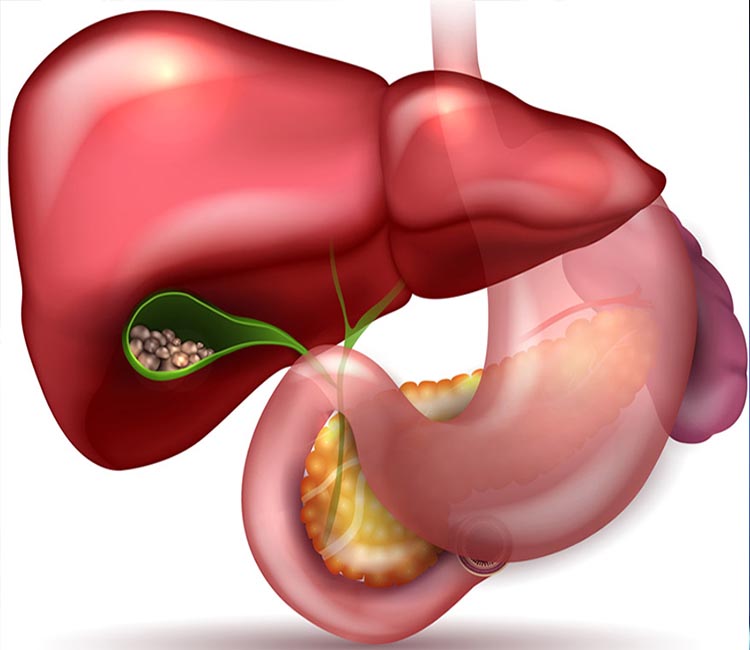
We offer advanced minimally invasive surgery for gallbladder stones, providing effective treatment to alleviate pain and prevent complications, ensuring a quick recovery and long-term relief.
Read more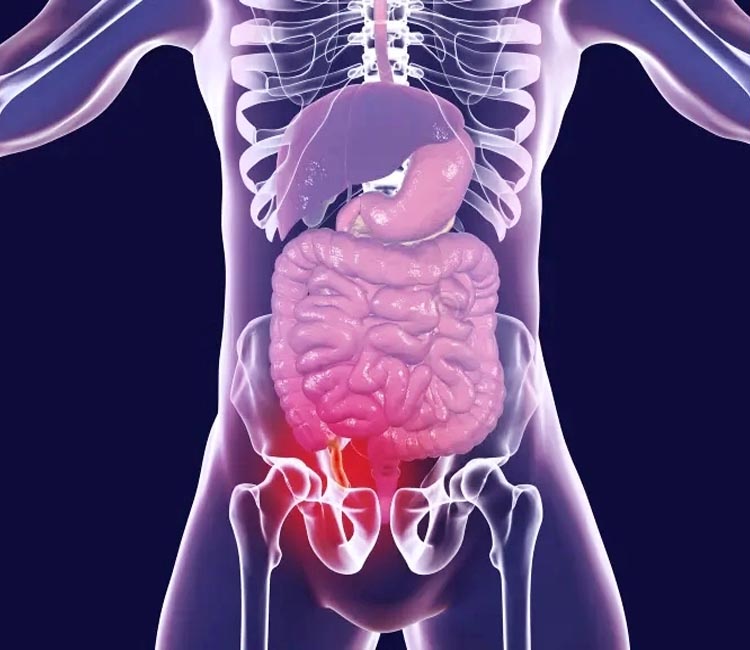
Our expert surgeons provide prompt and effective appendectomy solutions, offering advanced care to treat appendicitis, minimize risks, and ensure a fast return to normal activities.
Read more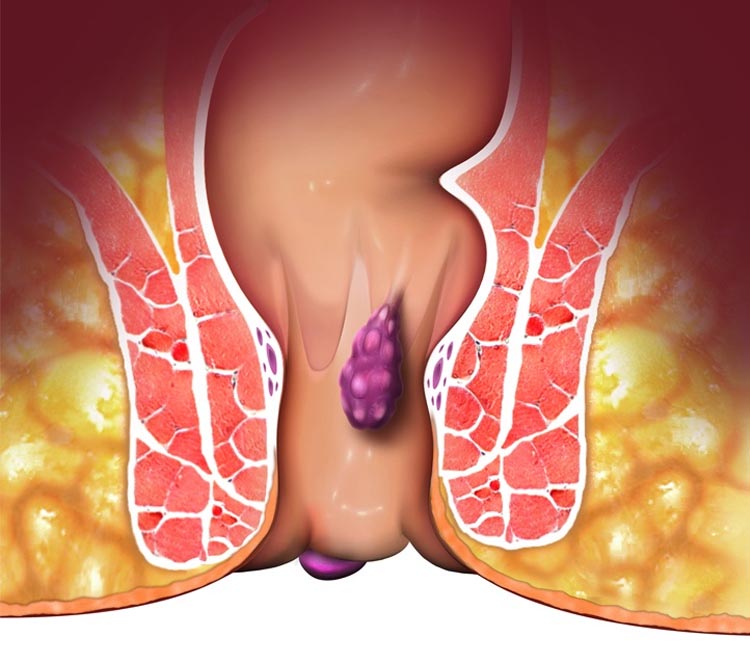
We specialize in advanced hemorrhoid treatments, using the latest surgical techniques for effective relief from discomfort, pain, and bleeding, ensuring a faster recovery with minimal downtime.
Read more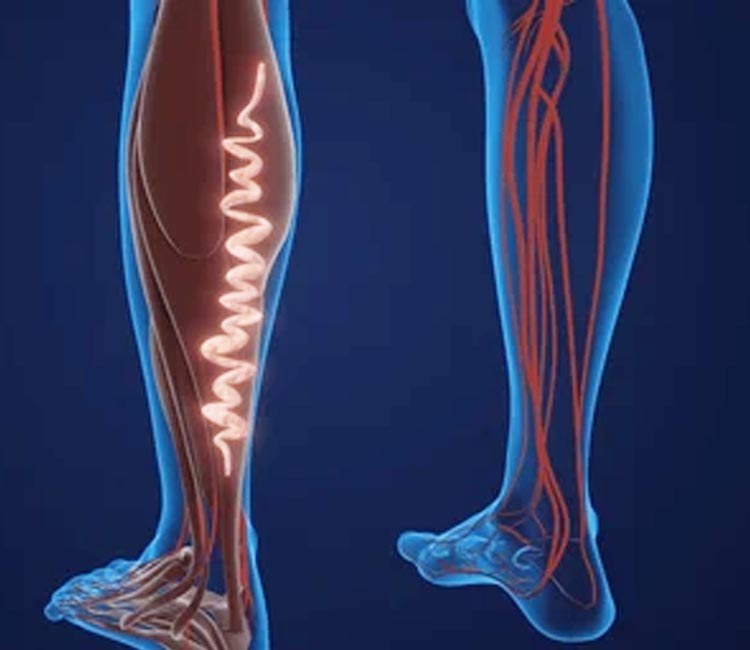
We offer cutting-edge treatments for varicose veins, using advanced surgical techniques to alleviate pain, enhance circulation, and restore the natural look and function of your legs.
Read more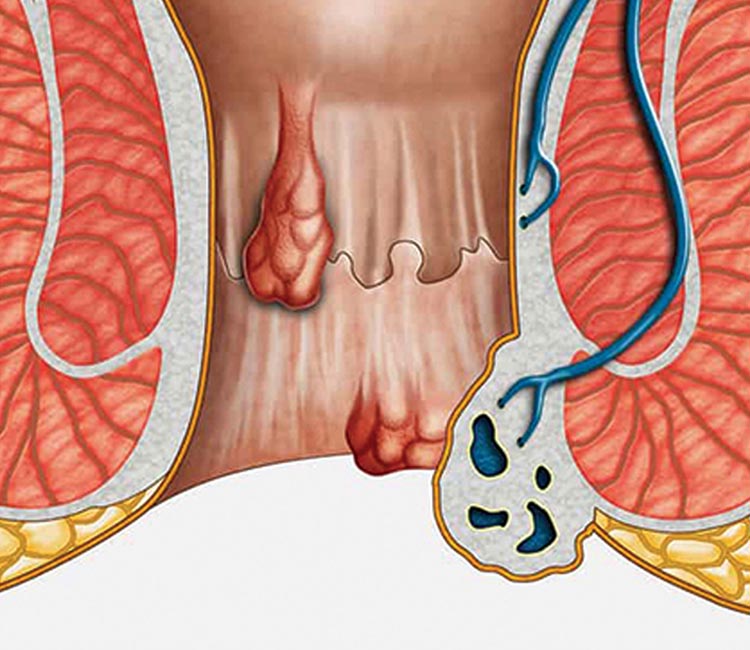
Our surgical care for pilonidal sinus focuses on minimally invasive procedures, ensuring precise treatment, rapid recovery, and a reduced risk of recurrence for optimal patient outcomes.
Read moreCopyright © 2024 Laparosurgeon All Rights Reserved. Powered by Spellinfo Technologies